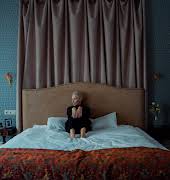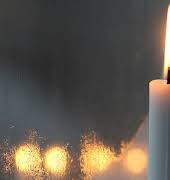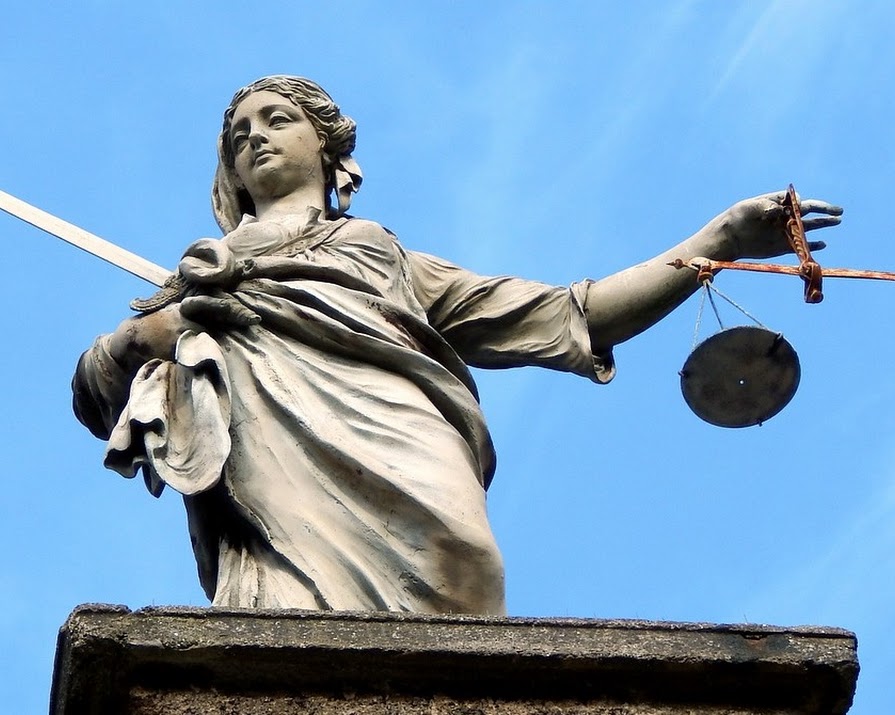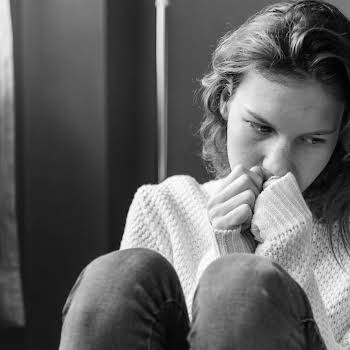Irish woman who was raped while she slept is awarded €1 million in damages
By Grace McGettigan
07th Feb 2020
07th Feb 2020
Niamh Ní Dhomhnaill, an Irish woman who was sexually assaulted by her partner between 2011 and 2012, has been awarded €1 million in damages by the High Court
“There has never been a part of me that has not been profoundly impacted,” Niamh Ní Dhomhnaill told a jury at the High Court.
In April 2012, the young woman learned that her then-boyfriend Magnus Meyer Hustveit had raped her while she was asleep in her apartment. He admitted to her that it had been going on for some time, even later sending an email saying he had used her body for his own sexual gratification.
Hustveit, who pled guilty and was originally given a suspended seven-year sentence, was later given a 15-month prison sentence. The decision came after the Court of Appeal found the original sentence was too lenient.
PTSD
The entire ordeal led Niamh to be diagnosed with post-traumatic stress disorder (PTSD), with a psychiatrist telling the court that her condition was at least a nine-out-of-10 on a scale of severity. Niamh also had to step away from her role as a teacher, fled Ireland for a number of years, and even attempted to take her own life in 2013.
Niamh has also struggled to trust people, including her parents, and has admitted to hiding within her bedroom to avoid seeing anybody. All of this, in addition to issues with food and excessive exercising, led Niamh to seek damages against her ex-partner at the High Court. These damages would be for personal injuries, loss and damage caused by the assault, battery, rape, sexual assault and intentional infliction of emotional harm.
This week, the jury awarded Niamh €1 million, including €350,000 in general damages, €400,000 in aggravated damages and €250,000 in punitive damages.
‘A more human approach’
Speaking on Newstalk Breakfast this morning, Niamh said she would “like to see the criminal system take a more human approach”.
“From what I hear, it is consistently changing,” she said, “and it is different even from when I was in it – which wasn’t that long ago.
“What I always come back to when talking about criminal proceedings (or any form of legal proceedings), is that the most important thing is that the person can first disclose to someone… [to] feel safe and recover. For me, everything comes from there.
“What we have to prioritise are systems and services where people feel they can tell and be believed,” she continued. “I really think if we have that first, I think we can then start looking at criminal or civil proceedings.”
For support and information related to rape and sexual violence, please ring the Rape Crisis Centre‘s national 24-hour helpline on 1800 77 8888.
Read more: My experiences of minor sexual assault will stay with me forever
Read more: Loved Netflix’s Unbelievable? This is the podcast you need to listen to next
Read more: ‘The sheriff in town‘: Why the new Harvey Weinstein documentary is a must-watch about sexual assault






















